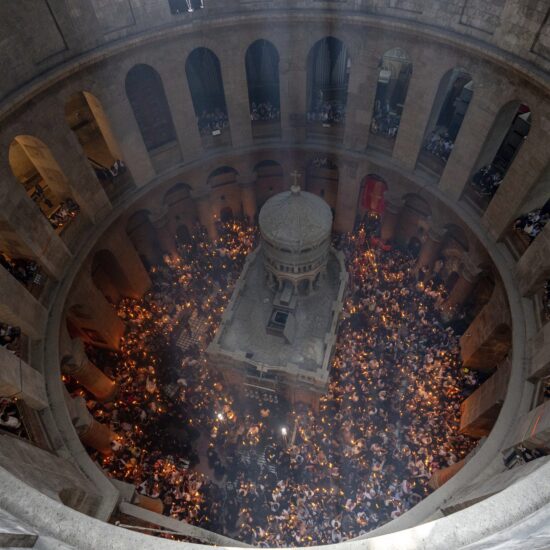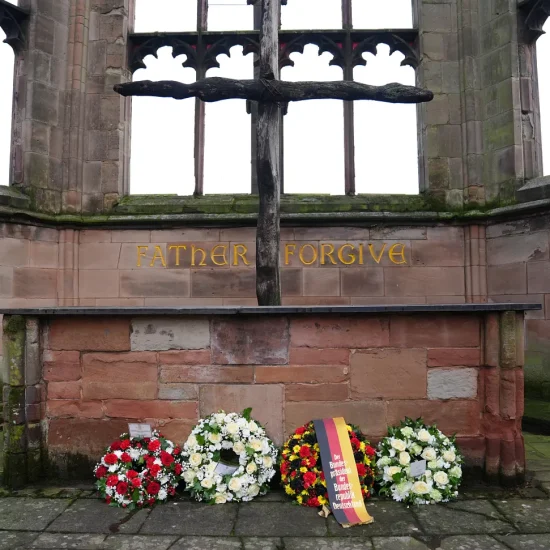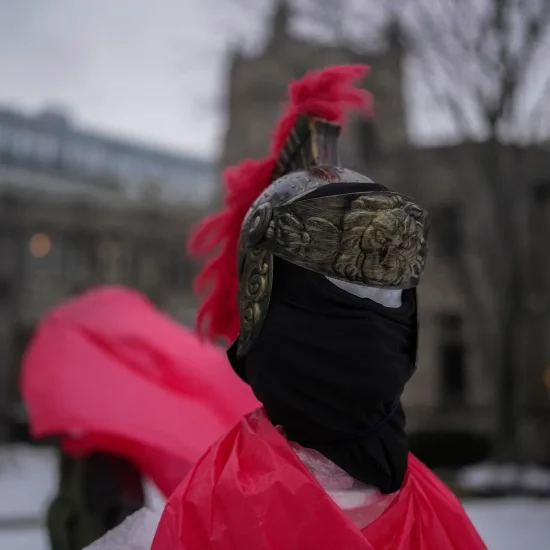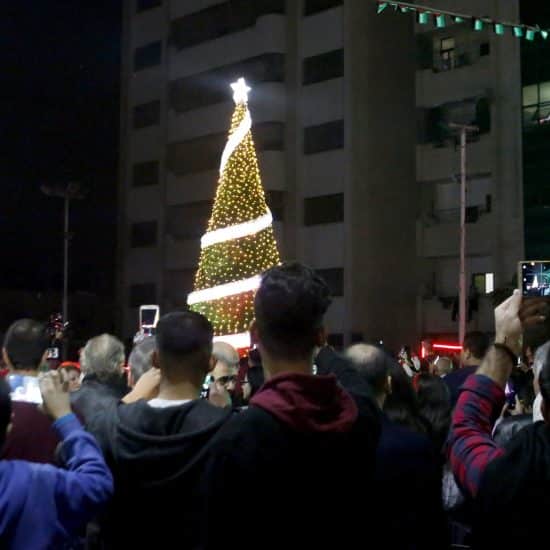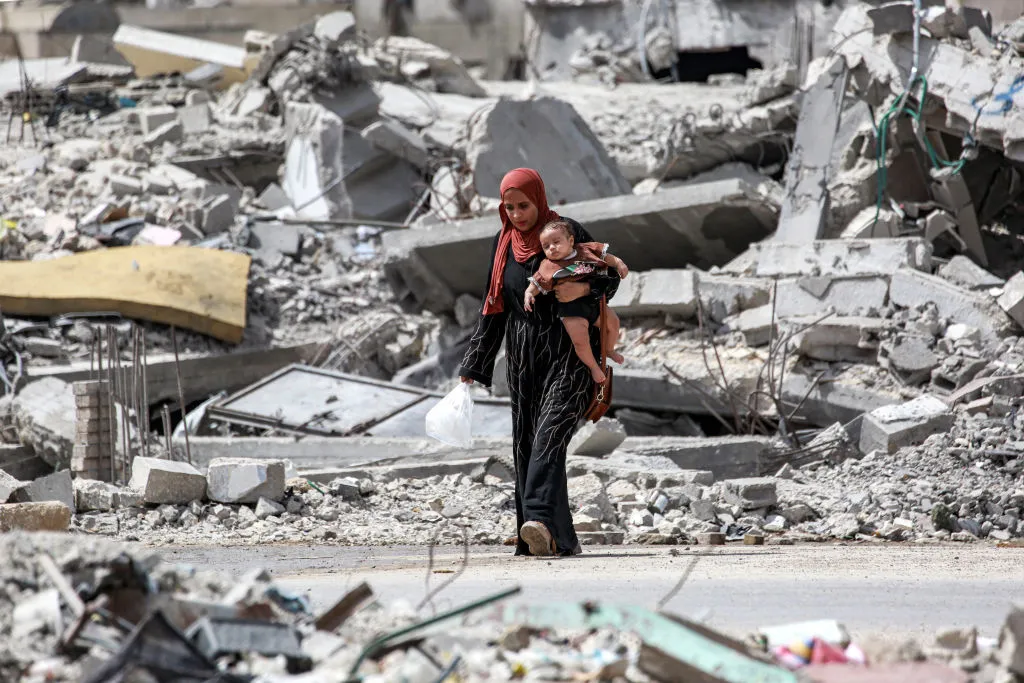
“By the tender mercy of our God, the dawn from on high will break upon us, to give light to those who sit in darkness and in the shadow of death, to guide our feet into the way of peace.” (Luke 1:78-79)
The first chapter of Luke’s Gospel tells the story of two pregnancies, one improbable and the other downright impossible. The latter is, of course, the better known: the angel Gabriel appears to Mary and announces that she will give birth to the messiah. About six months earlier, Gabriel had come to a priest named Zechariah, promising that he and his wife Elizabeth — a relative of Mary’s — would have a son, a prophet named John who would prepare the way of the Lord.
The chapter ends with the Song of Zechariah, a prophecy of the salvation heralded by these births that culminates in the verses above. But Zechariah’s hope was preceded by disbelief. He and Elizabeth were getting older and had never been able to conceive; in response to Gabriel’s announcement, he asks for proof, but instead the angel takes away his ability to speak.
It’s hard to fault Zechariah. Even if Elizabeth conceived and she and her child made it through the physical dangers of pregnancy and birth, God was commissioning this child for a dangerous prophetic ministry to a people living under occupation, oppression, and violence. How could new life possibly emerge from this woman, for these people, in this time and place?
In our own time, pregnant and postpartum women in Gaza are facing exponentially greater physical and social dangers. Last month, the United Nations estimated that 50,000 pregnant and postpartum women in Gaza lack consistent access to maternal and infant healthcare, with 130 women giving birth each day. Those who survive the dangers of pregnancy in these conditions must navigate life with a newborn amid a genocide that aid organizations say is “overwhelmingly victimizing newborns and pregnant women.” Reading story after story of the death and destruction in Gaza, it is all too easy to feel powerless, hopeless, and utterly lost for words.
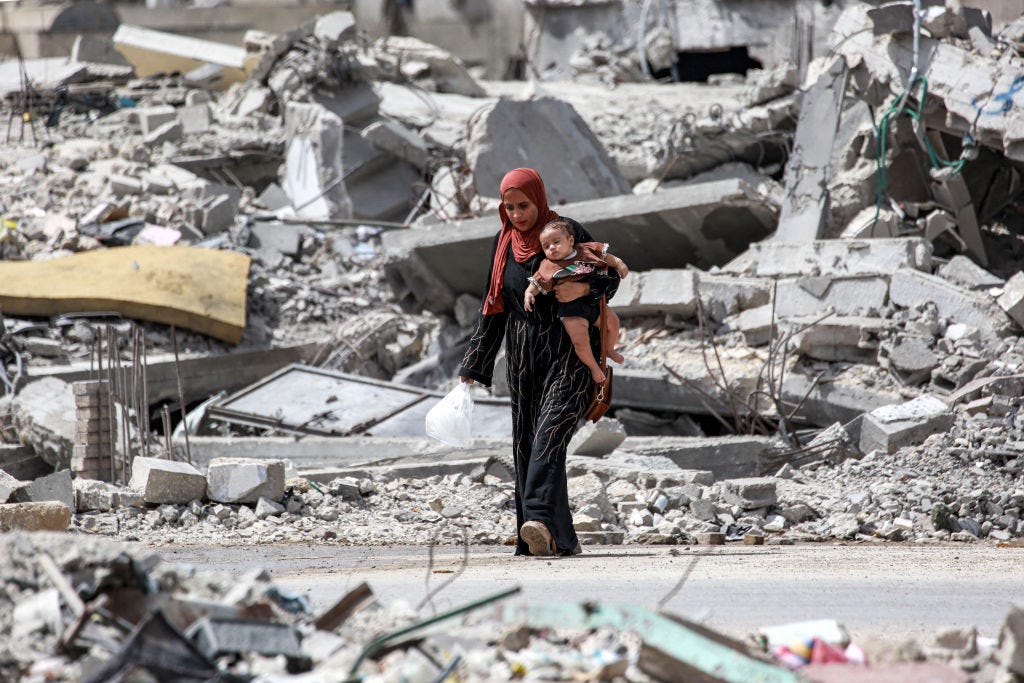
A woman walks with an infant past collapsed buildings in Khan Yunis, Gaza Strip, on Sept. 16, 2024. (Bashar Taleb/AFB via Getty Images)
After months of silence, Zechariah’s speech returns only when he insists that his newborn son be named John, in accord with Gabriel’s words. Perhaps a sudden leap of faith was required to reverse his punishment for demanding proof. But I wonder if this term of silence was ultimately a gift, a blessing that made room for Zechariah’s hope to grow slowly and quietly. Maybe he was listening as Mary sang to Elizabeth of God’s faithfulness. Maybe he was watching as, in the shadow of pain and death, his son’s new, improbable life began. Maybe that life was all the certainty he needed to give his heart over to the dream of peace.
This Advent, the story of Zechariah is an invitation to attend to the places where new life feels improbable, where suffering surpasses speech. We may find hope growing in us alongside doubt and despair, hope that enables us to work and pray for peace — not because we are certain of the future, but because every life announces God’s faithfulness and mercy.
Sarah Miller is an Episcopal priest and a doctoral student in theology and education at Boston College’s Clough School of Theology and Ministry.

NOTE: This is part of our Unsettling Advent devotionals running Dec. 1-Dec. 24. You can subscribe for free and receive them each morning in your inbox.


